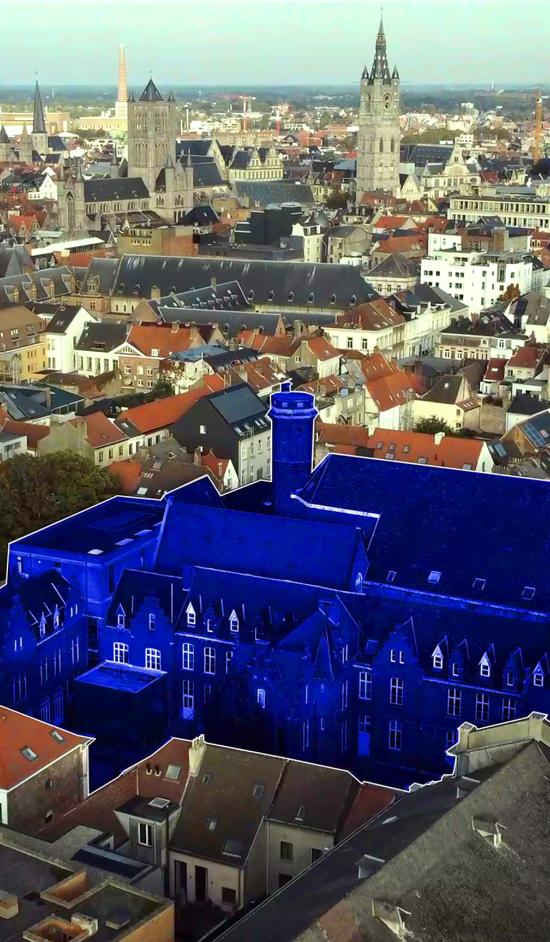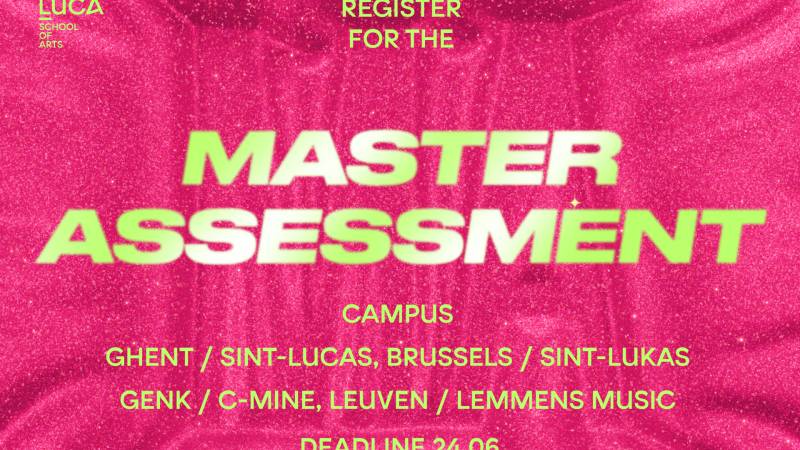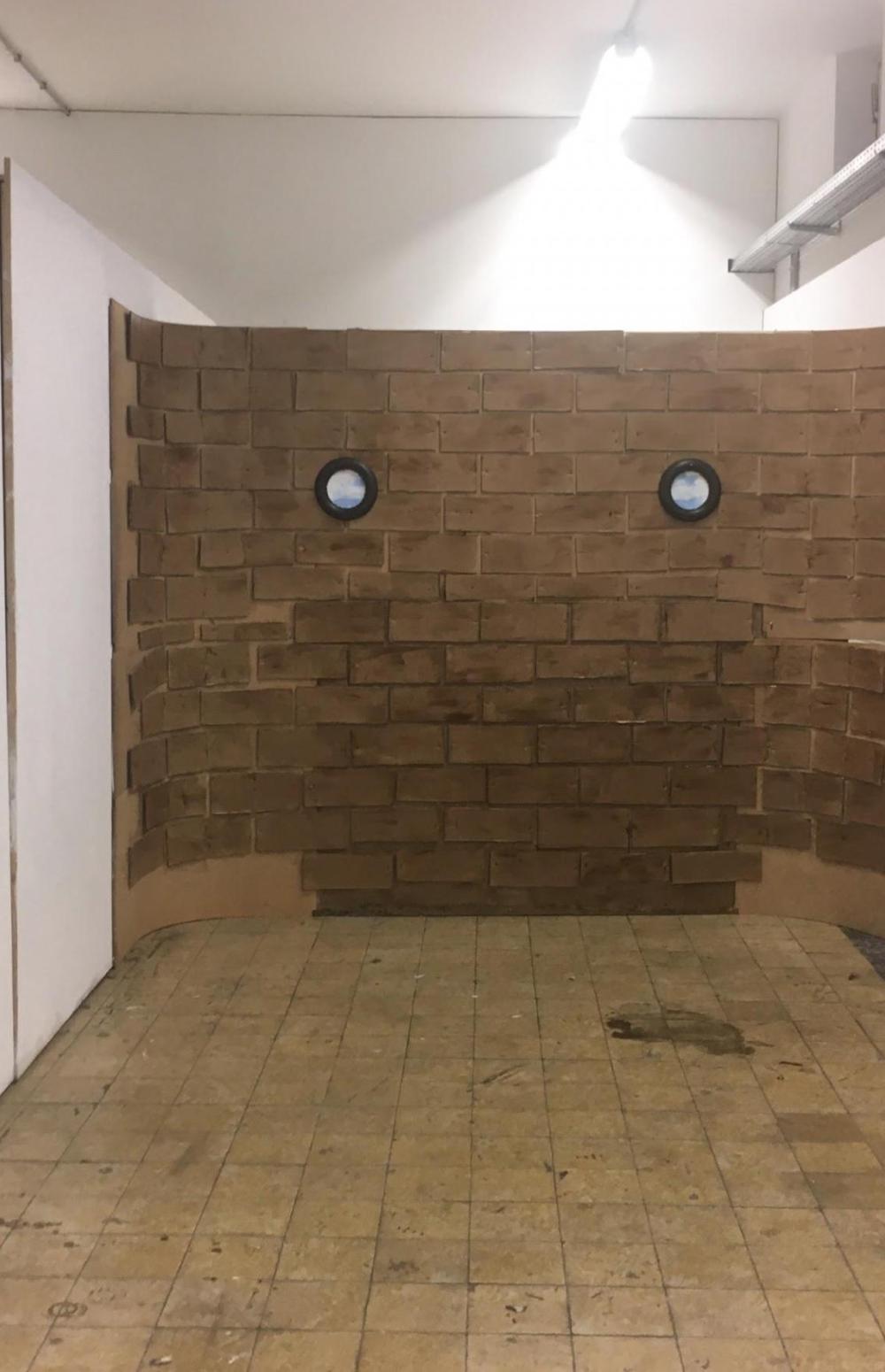
Campus Gent / Sint-Lucas
Printmaking & Drawing Exchange
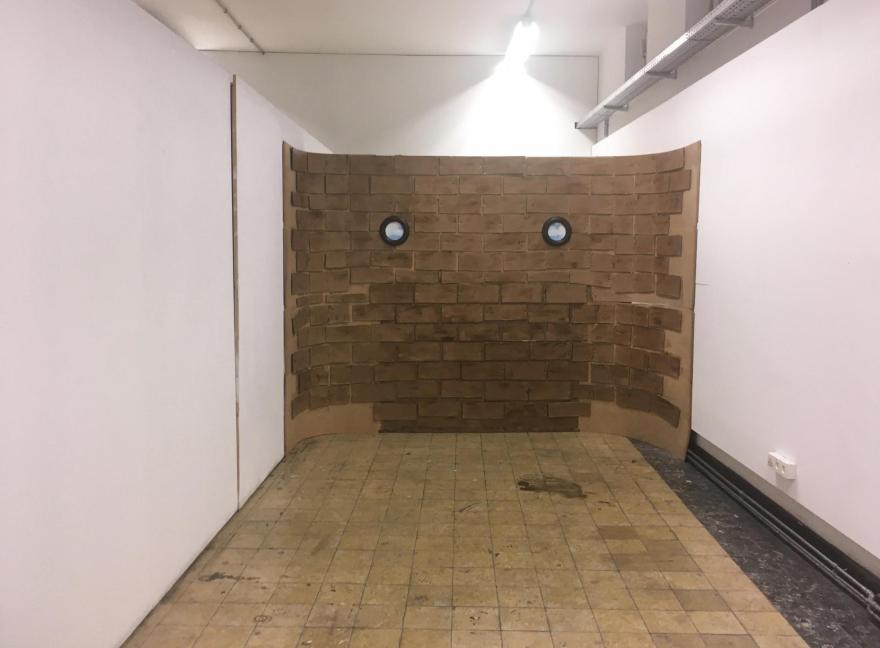
As artistic disciplines within the graphic arts printmaking and drawing are a close-knit group. The direct notation as well as the printed image and the drawing are tackled as separate means of expression with the programme. In the atelier you will acquire several technical drawing and printmaking skills. While doing so you will permanently explore the boundaries of the medium by exposing the relation between looking, thinking and feeling. Slowly but surely you will develop a personal artistic language and you will get the chance to master technical skills such as etching, lithography, offset and engraving.
The emphasis lies on authorship and personal commitment. Great importance is attached to the fundamental research into images and visual practice. This artistic research is tested against academic standards specific to the arts, and flanked by a fair share of theory in the curriculum. During your education you will be supported by highly involved teachers: active artists, designers and theorists, all experts in their own field. The programme upholds an open culture which makes it a sanctuary where you can fully develop yourself.
Blog atelier Printmaking & Drawing: https://www.lucagrafiekentekenkunstgent.be/
Programme for exchange students
The Visual Arts programme on campus Ghent offers academically oriented BA and MA degrees in Textile Design, Graphic Design and Fine Arts. Within Fine Arts students can either develop a hybrid fine arts practice or choose to focus on one of the following disciplines: Sculpture-Glass-Ceramics, Illustration, Painting, Mixed Media, Drawing-Printmaking. Exchange students are welcome to join the programme in 2BA or 3BA (first semester, second semester or a full year) or in MA (first semester). The study progress at your home university and the quality of your portfolio will determine your enrolment in either BA or MA at LUCA.
The atelier will be the main part of your study programme at LUCA. Additionally, you can opt for drawing classes and English taught theoretical courses. A welcome week with introductions to Flemish historical and contemporary art, the city of Gent and the campus is organised each semester.
We can offer you an exchange programme of 30 ECTS credits. Detailed information about the offered course units can be found via http://onderwijsaanbod.luca-arts.be/opleidingen/e/SC_53767826.htm
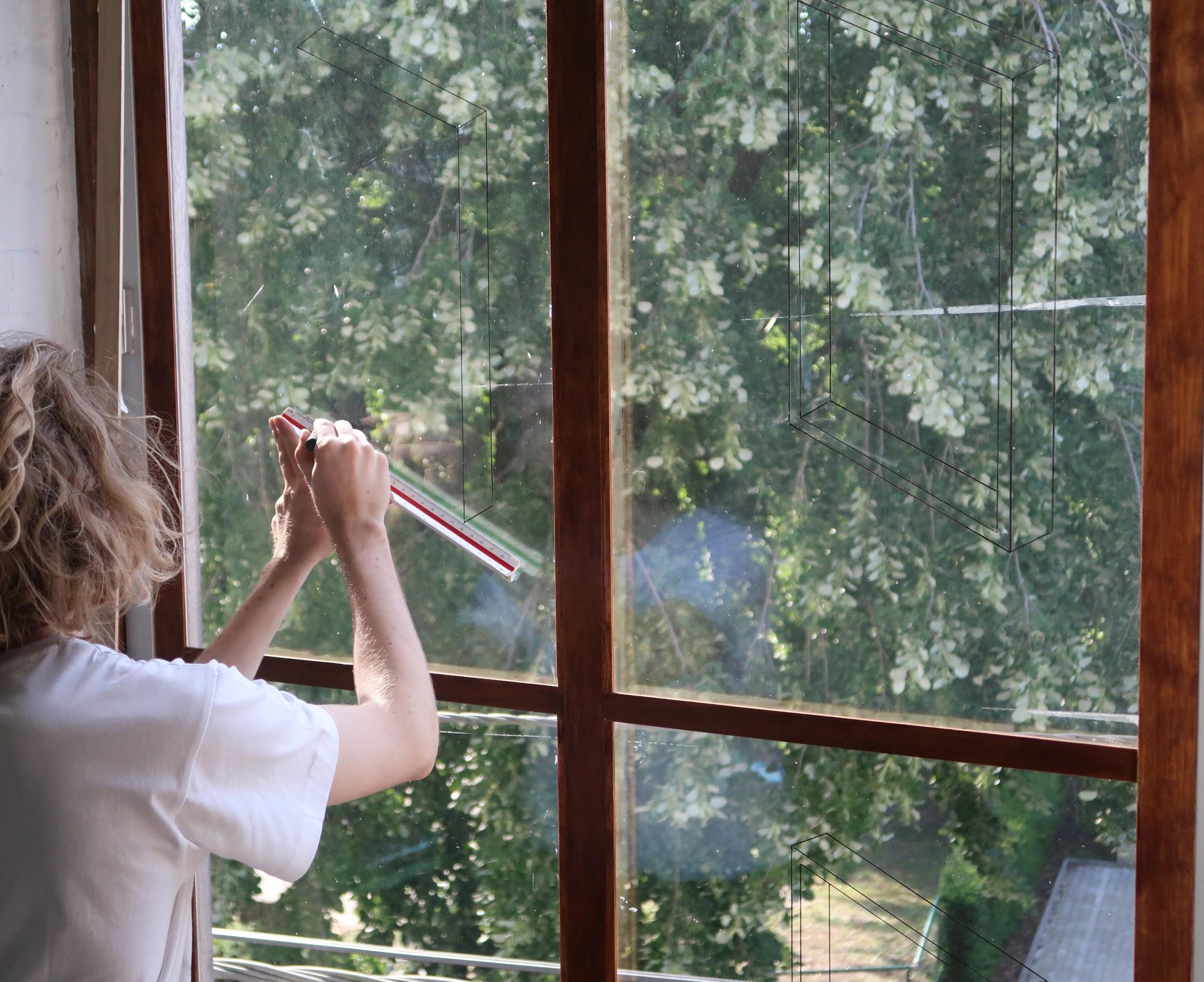
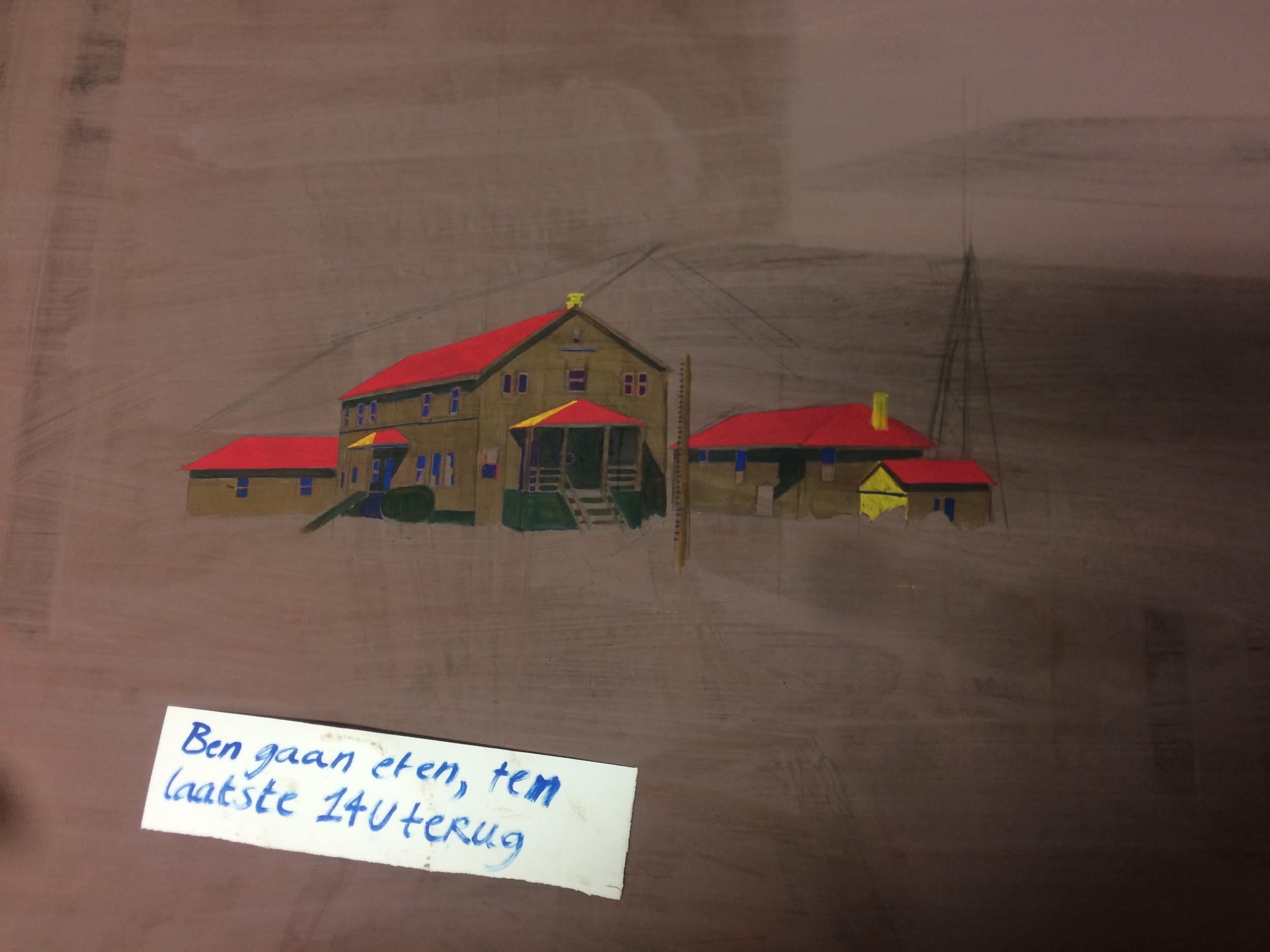




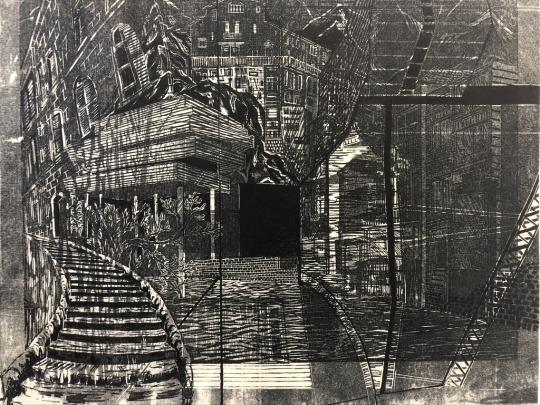
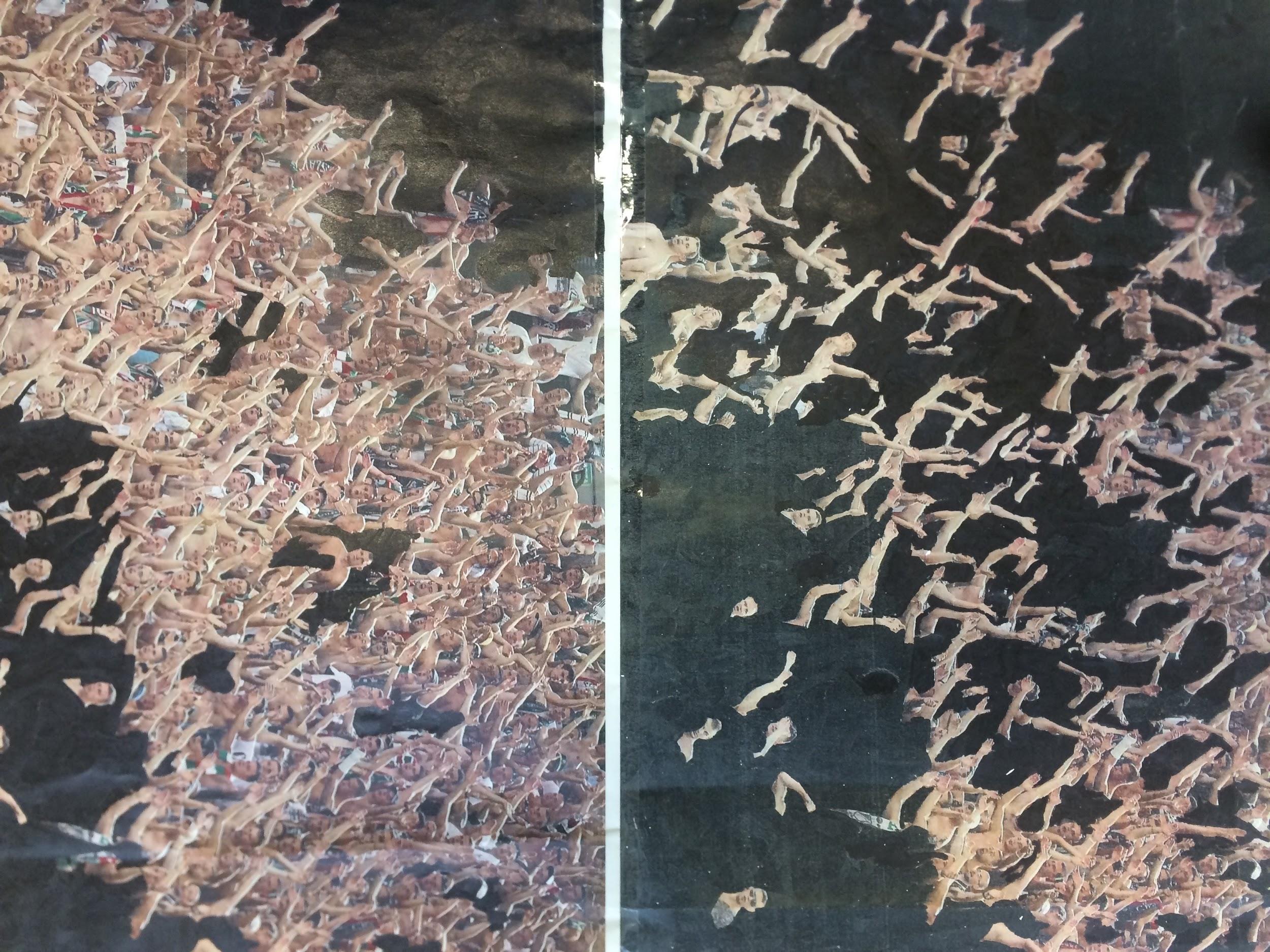
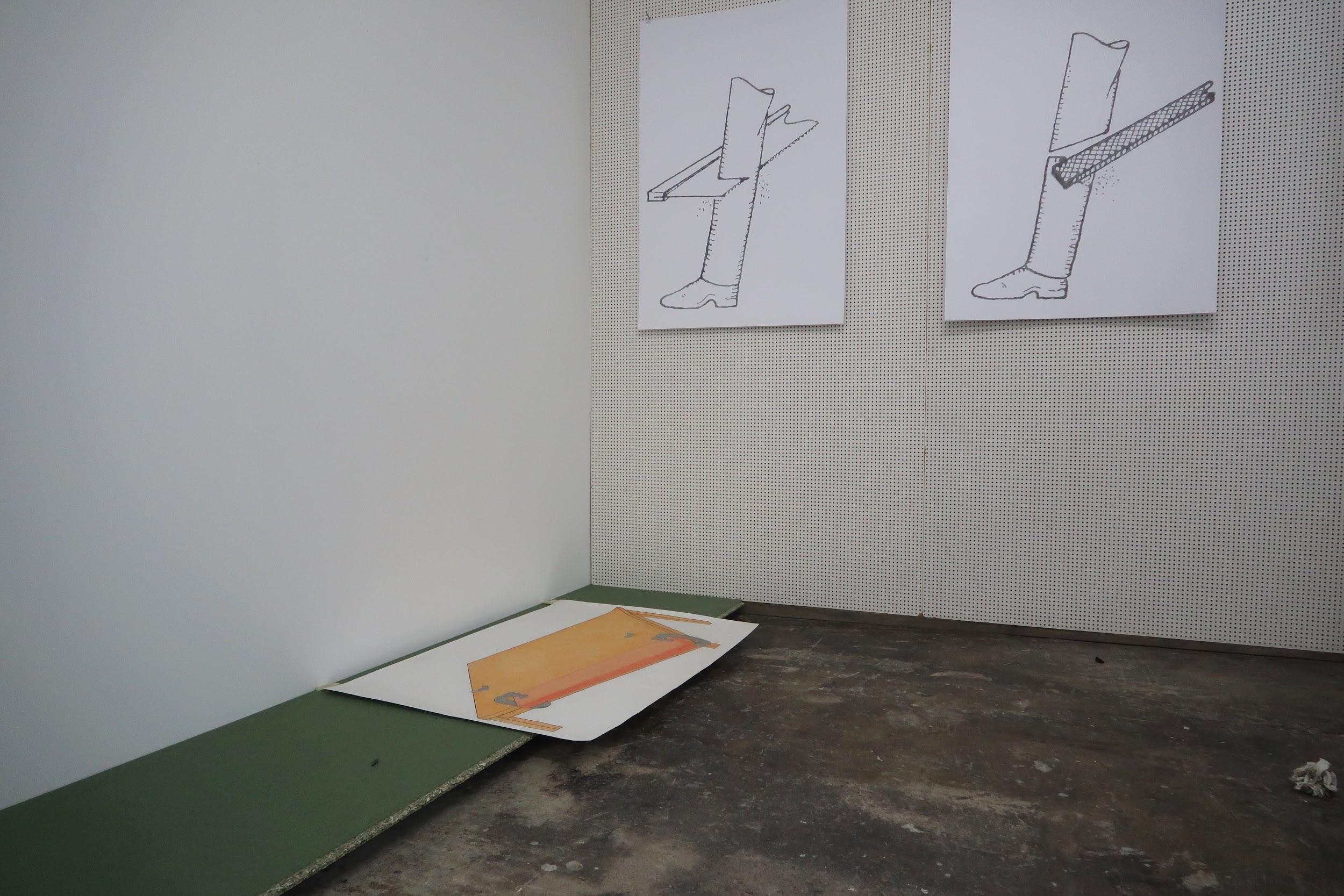
A good command of English (level B2) is required to make the most of your stay with us.
Campus Ghent does not own student accommodation. Therefore, you will have to rent a room on the private housing market for the duration of your stay. To help you in your search, please contact our student support services (https://www.luca-arts.be/en/contact-student-support-services).
Interested in this course?
All Erasmus+ Exchange Students need to apply via the exchange application procedure of LUCA School of Arts. During your application process, you can indicate the LUCA campus of your choice and the exchange programme you wish to apply for. Notice that not all programmes are open for incoming exchange students in both semesters. An overview can be found here.
- The deadline for the Autumn Semester / full year is April 1
- The deadline for the Spring Semester is October 1
Outcome Exchange Application
The outcome of the application can be expected within 4-6 weeks after the application deadline. Both you and your international coordinator will be informed about the result of your application by e-mail. No need to inquire about the outcome yourself.
Where do you have class?
Facilities & campus life
LUCA-campus Ghent (Sint-Lucas) consists of various buildings, most of them are located in the lovely historic city centre of Ghent where the vast majority of the classes are taught. One campus building is situated in a park in Mariakerke, the greenest suburb of Ghent. Depending on the courses you enroll for, you may also have classes for half a day or a full day at Mariakerke.
Students have a working space on campus for the duration of the exchange and can make use of the technical facilities for casting, metal, word, printmaking, textiles, print and scan, screen printing, audio, video and photography.
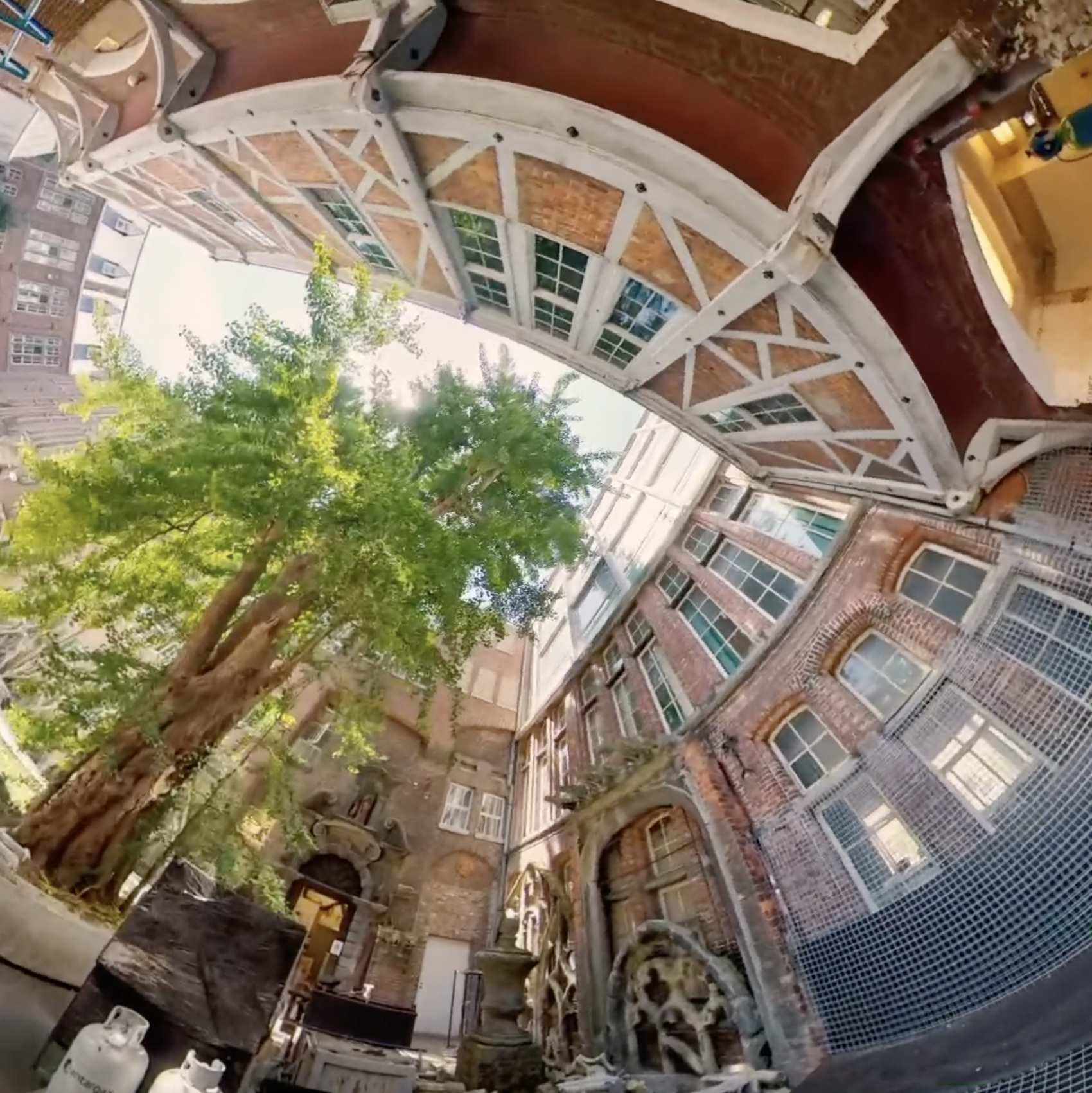
Contact
If you need more information, do not hesitate to contact us:
Veerle Van den Abbeele
Veerle.vandenabbeele@luca-arts.be
Tel. +32 2 447 10 76
Machteld Pectoor
Tel. +32 9 447 10 75
At LUCA we attach great importance to the quality of our courses
If the basic principle of the policy plan means that 'quality is our driving force', and that every aspect of the policy can be tested against this, then LUCA undeniably wants to develop and nurture a strong quality culture: a culture that leaves based on trust in people with talent and expertise, and which is aimed at valuing, inspiring and improving.
The formal quality framework for training within LUCA was named KOPERA, which stands for: Critically Analyzing the Quality of Training with Peers in Own Direction.
For KOPERA, LUCA starts from a vision of quality care that is based on trust and aimed at valuing, inspiring and improving.
During the six-year KOPERA cycle, each training course receives a panel of critical friends who examine the implementation of the quality characteristics and examine how the training contributes to the general LUCA policy.
The final element of KOPERA is the ultimate assurance of training quality. The key question is: "Does the program have a good quality culture that follows the 'plan-do-check-act' circle?"
LUCA publishes a quality sheet for each course. You can find this on the Education Quality page.

Are you curious about our approach to Art education? During our open days, you will get all the information you need, visit the campus, talk to our teaching staff and students ... Still not convinced? Visit our graduation show! During this, on-campus two-day art festival you can experience first hand how good our students really are.
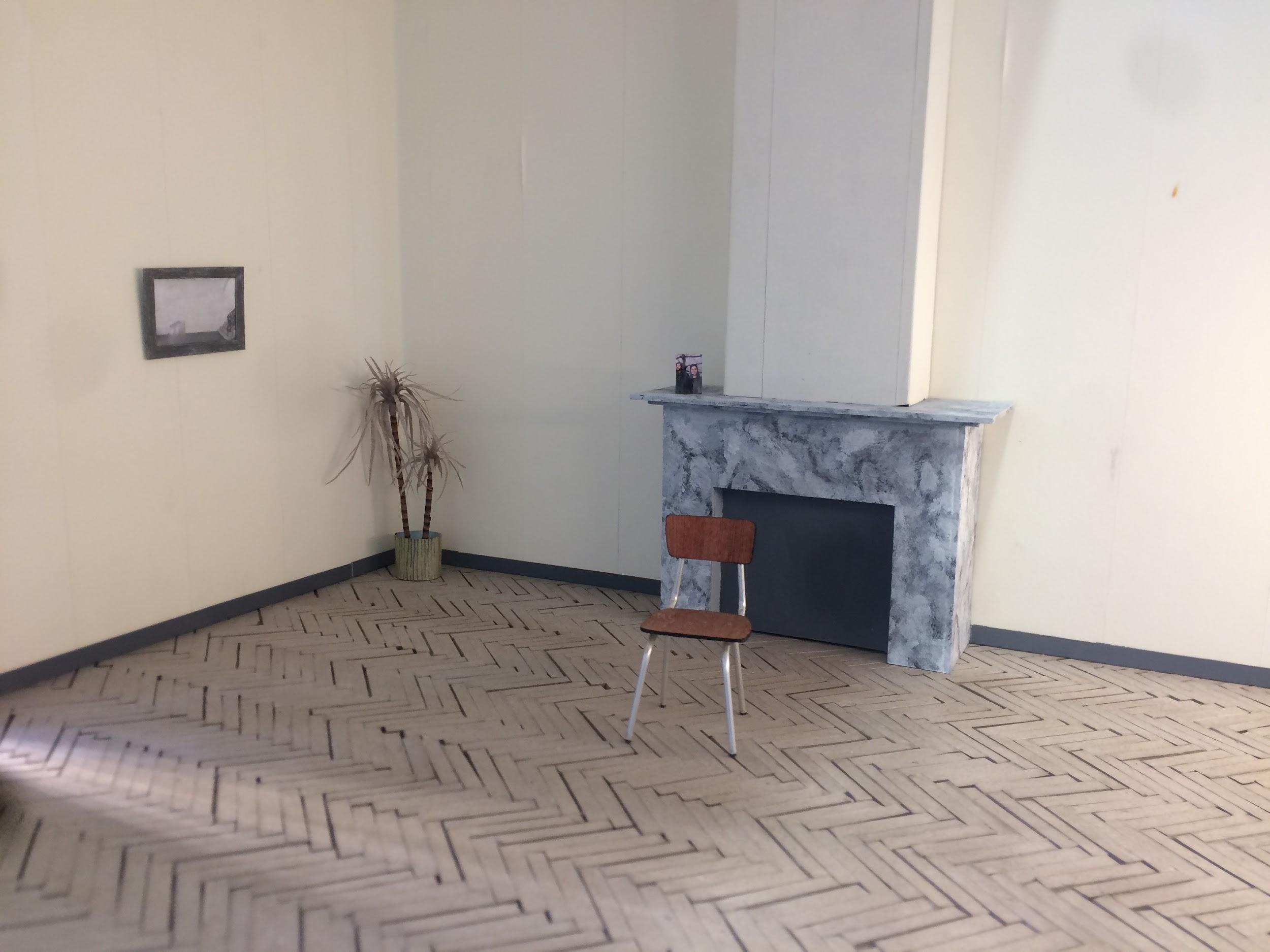

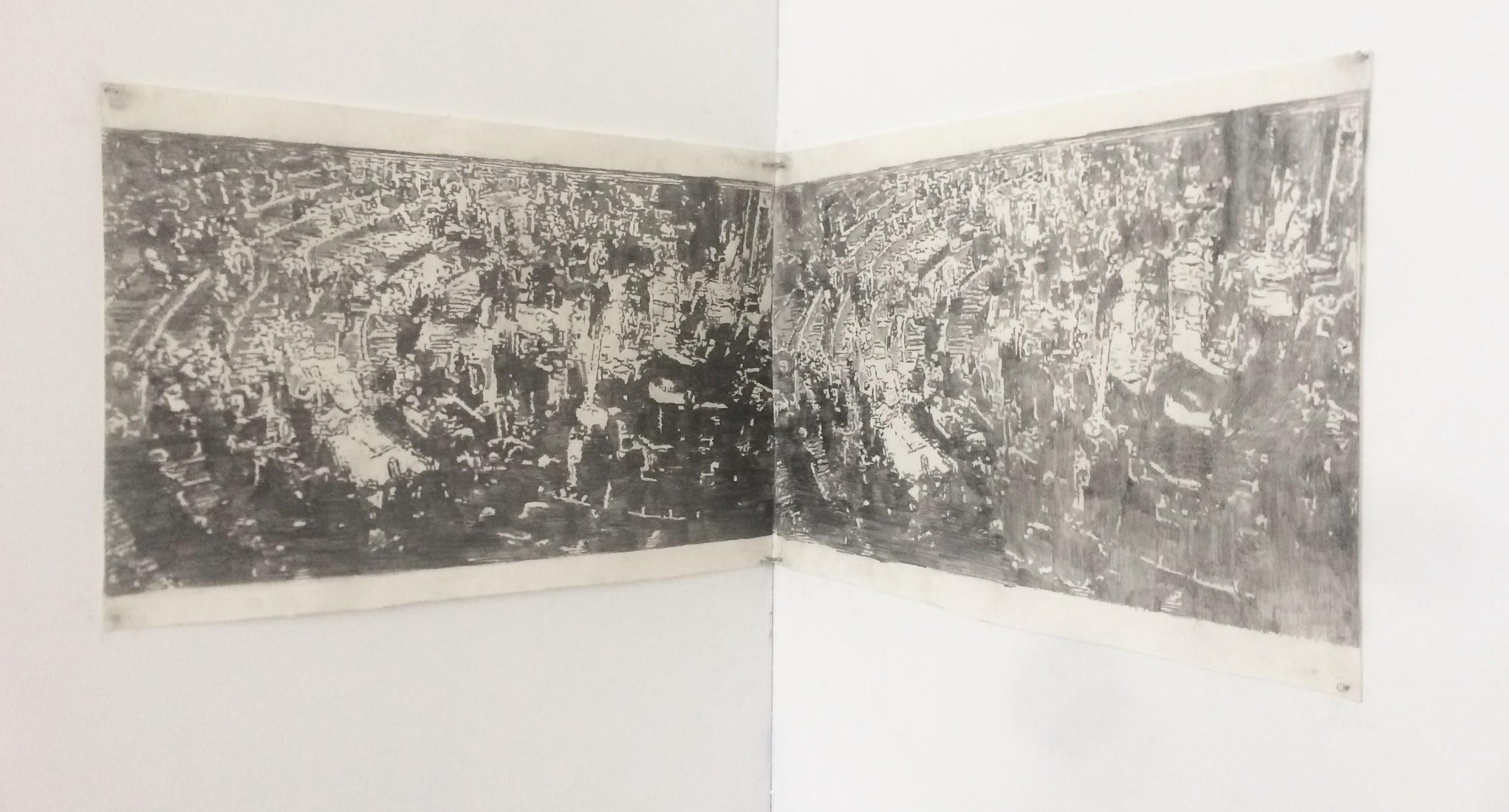

Dominiq Vandewalle www.dominiqvdwall.be
Lore Smolders www.loresmolders.be
Peter Morrens www.petermorrens.com
Klaas Vanhee www.klaasvanhee.be
Koba De Meutter www.kobademeutter.be
